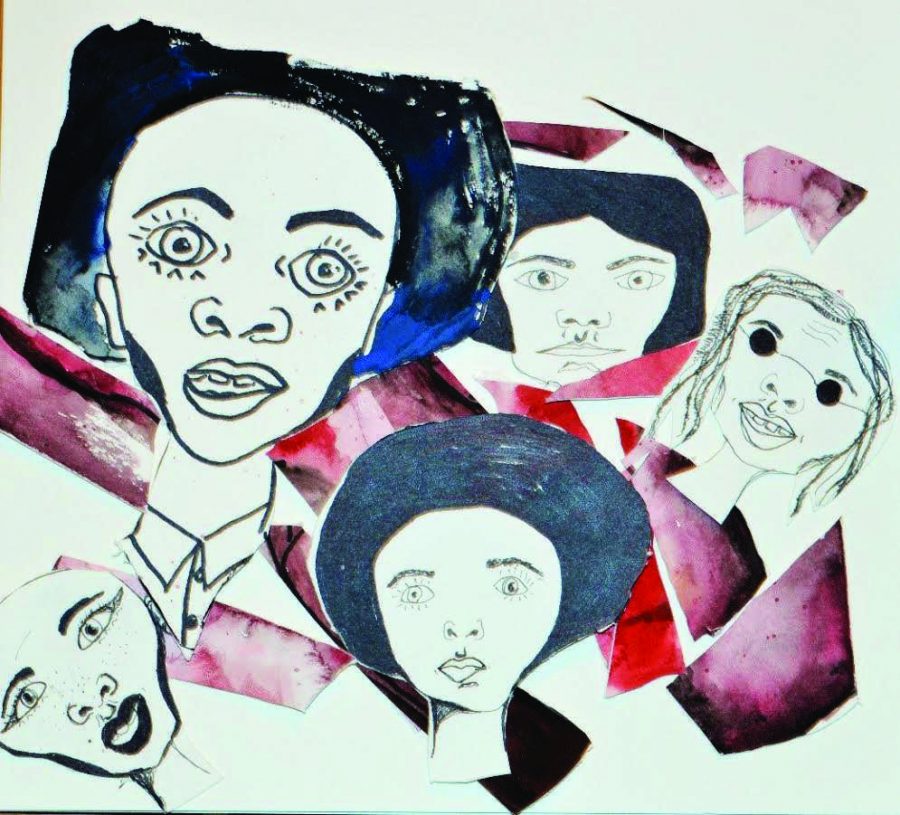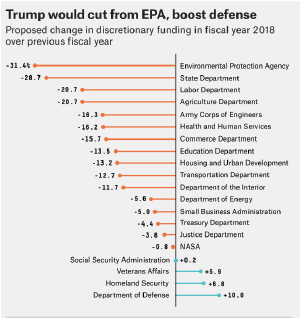By Rachel Dufault
Contributing Writer
Q: I thought that health care proxies were only for sick or elderly individuals, so why should my 40-year-old mother be appointing one already?
A: According to the Mayo clinic, a health care proxy is a part of a patient’s advanced directives. Advanced directives are a set of written instructions regarding your personal medical preferences. These preferences will be used by your family and doctors in a situation if you are unable to make decisions on your own.
Therefore these legal documents will speak for you if you are placed in a medical condition such as a coma or serious accident or illness.
There are three subcategories. These include a living will, a healthcare proxy, and a do not resuscitate order (DNR).
Perhaps the most important is the health care proxy. This is a person who the patient decides will make medical decisions on their behalf if a situation occurs where the patient cannot make decisions on their own.
There is a misconception that young adults do not need health care proxies. Unfortunately, accidents can happen to anyone at any age at any time. It is best to be prepared. By appointing a health care proxy early in life you will be prepared for any situation that may arise. This is important for a few reasons.
Disagreements between family members often occur in reference to what medical measures should be done for the patient. Once a health care proxy is appointed this person must sit down with the patient and discuss the patient’s wishes.
These include subjects such as whether or not they would like to be resuscitated if their heart stops or their thoughts on surviving on a ventilator.
Too often a patient becomes ill and the family members say “I don’t know if he would want all of this done. We never had that talk.” That is why choosing a health care proxy is the first step but talking with your whole family about your life and medical wishes is one of the most important.
According to Aging With Dignity, a new type of legal document has been developed called “5 Wishes.” This document is legal in 41 states once it becomes notarized.
This document is valuable because it alleviates the stress of being a health care proxy and allows the patient to choose what they would or would not want done in a variety of circumstances.
This document may be difficult for many people to fill out because it speaks about the taboo topic of death.
However once it has been completed, signed, and notarized, it is a legal document that can be used to understand the patient’s wishes.
While many people do not want to talk about illness and death, it is a topic that we as a society should become more open about. For more information on “5 Wishes” visit http://www.agingwithdignity.org/five-wishes.php
For more healthy living tips, listen to Simmons College Radio (simmons.edu/radio).


















